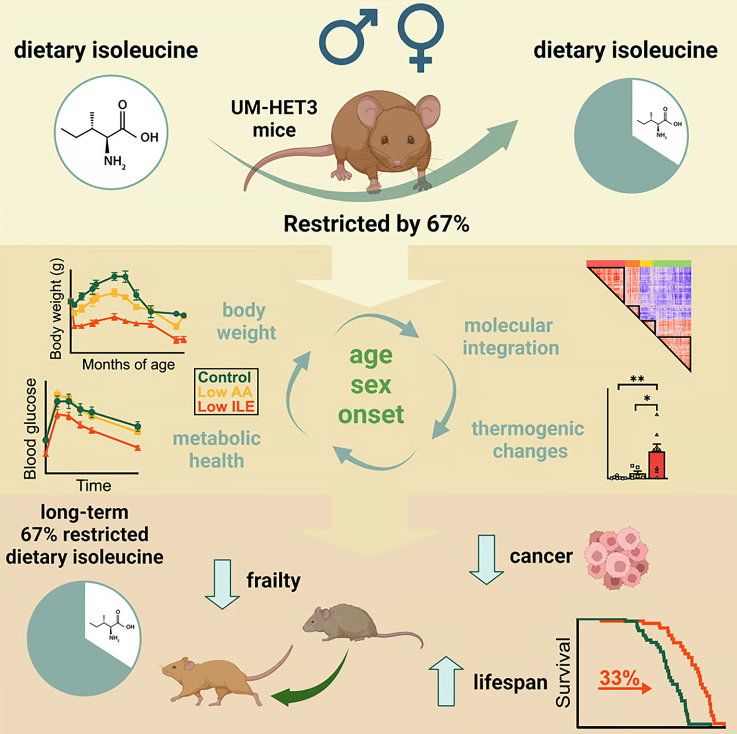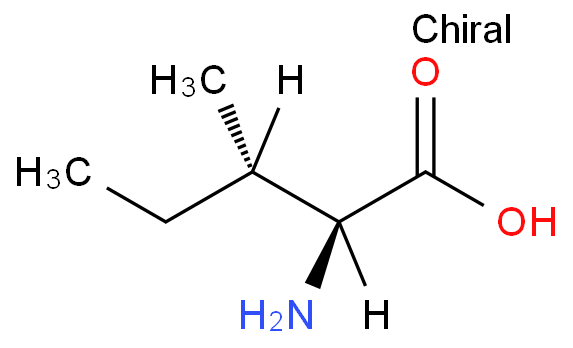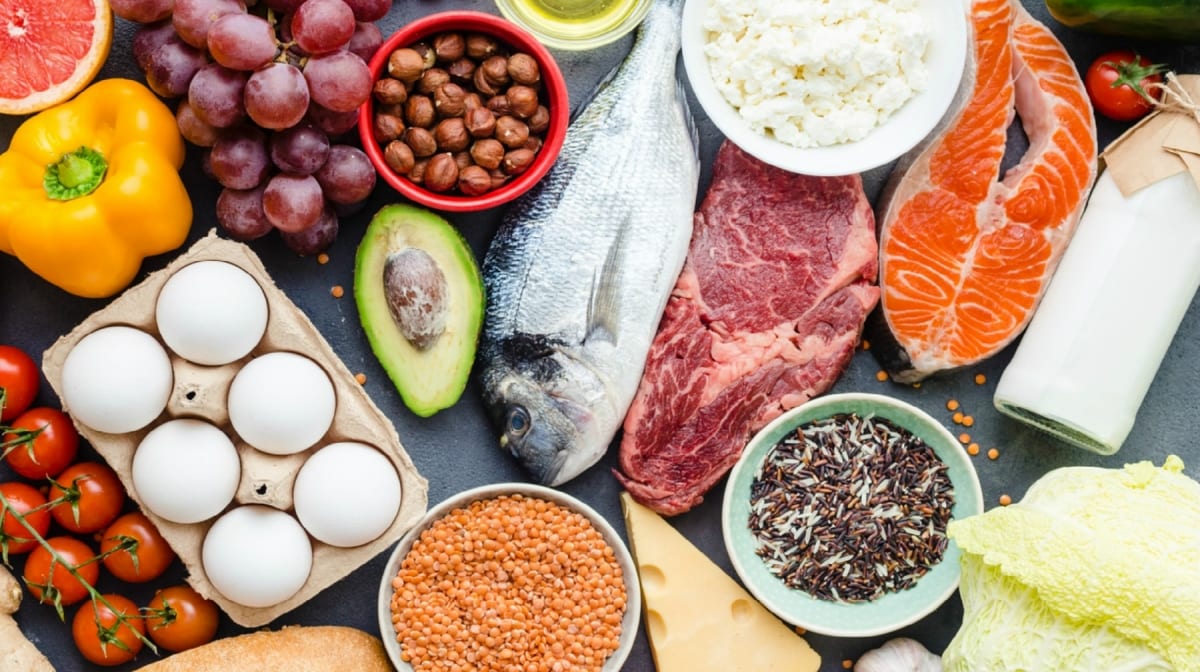Amino Acid Revelation: Unlocking the Secrets of Isoleucine for Extended Lifespan and Optimal Health in Mice
In a groundbreaking study, researchers from the University of Wisconsin-Madison have uncovered that reducing the intake of a single amino acid, isoleucine, can significantly enhance the lifespan, leanness, and overall health of middle-aged mice. The findings, published in the journal Cell Metabolism, propose that limiting isoleucine in the diet may hold the key to healthy aging.
The study challenges the conventional belief that “a calorie is just a calorie” by highlighting the distinct impact of dietary components beyond their caloric value. Isoleucine, one of the nine essential amino acids, was singled out due to its abundance in common foods like eggs, dairy, soy protein, and meats, with a higher consumption observed in individuals with a higher BMI.
The research involved feeding genetically diverse mice three types of diets: a control diet with all 20 common amino acids, a diet with reduced all amino acids, and a diet specifically reduced in isoleucine by 67%. Despite the reduced isoleucine group consuming more calories, they exhibited leaner bodies, increased lifespan (33% longer for males and 7% for females), and improved health metrics.

Notably, the mice on the low-isoleucine diet experienced metabolic adjustments, burning more calories and maintaining better blood sugar control. Male mice showed less age-related prostate enlargement, and the likelihood of developing tumors, the leading cause of death in the study, was reduced.
The study sheds light on the complex relationship between amino acids, aging processes, and healthspan. While further research is needed to understand the mechanisms behind these benefits and to determine optimal isoleucine levels with respect to age and sex, the findings offer promising insights into potential dietary interventions for improved human health.
The research team acknowledges the limitations of the study, emphasizing the need for diverse restriction levels and exploring potential negative effects of isoleucine restriction. Despite the challenges, the study points toward a future where a nuanced understanding of amino acid impact could pave the way for personalized dietary recommendations and innovative treatments aimed at enhancing human health.
Overview of Isoleucine
Isoleucine is a crucial amino acid that plays a fundamental role in various physiological processes within the human body. As one of the essential amino acids, it cannot be synthesized by the body and must be obtained through dietary sources. Isoleucine belongs to the family of branched-chain amino acids (BCAAs) and features an aliphatic side chain.

Its chemical structure consists of a central carbon atom bonded to an amino group (NH2), a carboxyl group (COOH), a hydrogen atom, and an isopropyl side chain. This distinctive structure gives isoleucine its specific characteristics and functions.
Essential Amino Power: Isoleucine-Rich Foods for Optimal Nutrition
Isoleucine is an essential amino acid, meaning the body cannot produce it on its own, and it must be obtained through diet. Foods that are good sources of isoleucine include

Meat and Poultry
Chicken Breast: A lean source of protein, providing not only isoleucine but also other essential nutrients.
Turkey: Similar to chicken, turkey is a good source of isoleucine and is often consumed for its lean meat.
Beef: Various cuts of beef, such as sirloin or tenderloin, contain isoleucine along with other essential amino acids.
Pork: Lean cuts of pork, like pork loin, can contribute to your isoleucine intake.
Fish
Tuna: A fish rich in protein and isoleucine. Canned tuna is a convenient option.
Salmon: Besides being a good source of isoleucine, salmon provides omega-3 fatty acids.
Halibut: Another fish that contributes to your isoleucine needs.
Dairy Products
Eggs: Apart from being versatile, eggs are a complete protein source containing isoleucine.
Cheese: Various types of cheese, such as cheddar or mozzarella, contain isoleucine.
Milk: A common source of protein and other essential nutrients.
Yogurt: Besides isoleucine, yogurt contains probiotics beneficial for gut health.
Plant-Based Sources
Soy Products: Tofu, tempeh, and soybeans are excellent plant-based sources of isoleucine.
Legumes: Lentils, chickpeas, black beans, and other legumes provide isoleucine along with fiber.
Nuts and Seeds: Almonds, cashews, pumpkin seeds, and sunflower seeds contain isoleucine and healthy fats.
Whole Grains
Brown Rice: A whole grain that complements proteins to provide isoleucine.
Quinoa: A pseudo-grain with a complete amino acid profile, including isoleucine.
Oats: A versatile grain that can be part of a diet supplying isoleucine.
Barley: Another whole grain option with nutritional benefits.



